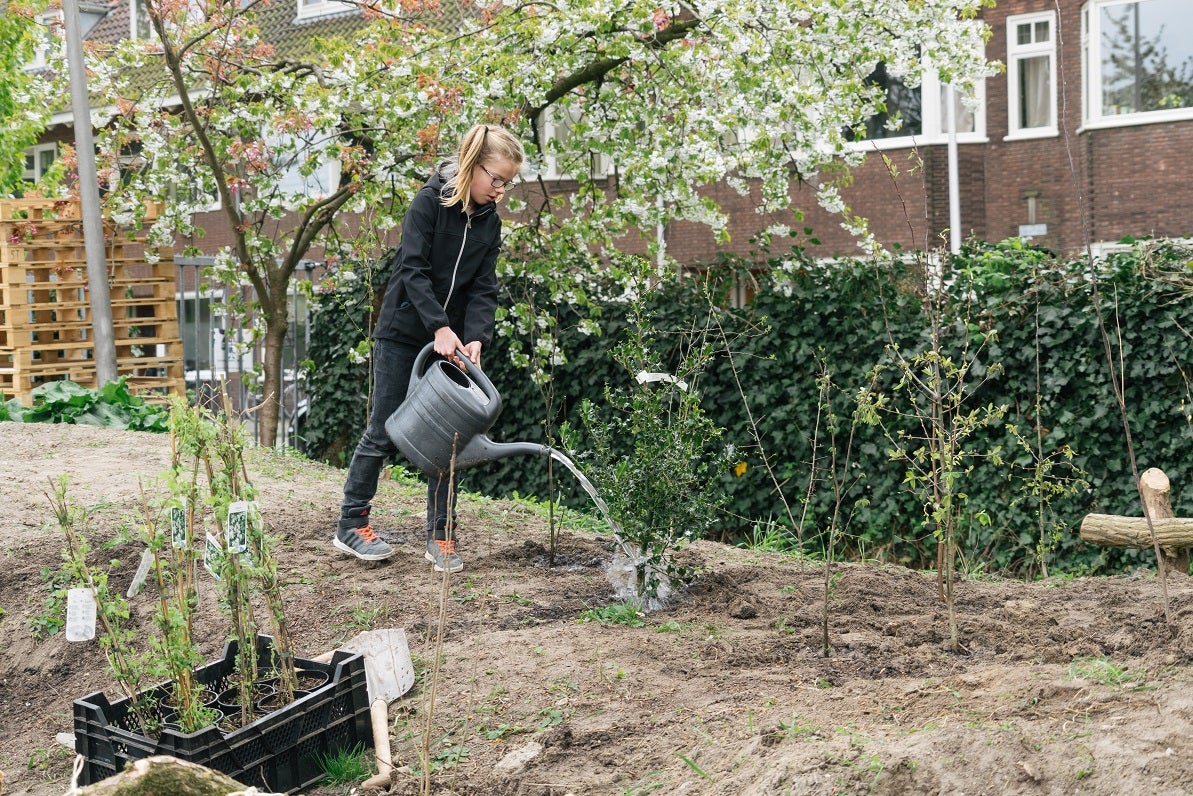Bids to sprout ‘wee forests’ in cities receive £500,000
Ministers say the network of tiny forests will be part of the legacy of Cop26.

Your support helps us to tell the story
From reproductive rights to climate change to Big Tech, The Independent is on the ground when the story is developing. Whether it's investigating the financials of Elon Musk's pro-Trump PAC or producing our latest documentary, 'The A Word', which shines a light on the American women fighting for reproductive rights, we know how important it is to parse out the facts from the messaging.
At such a critical moment in US history, we need reporters on the ground. Your donation allows us to keep sending journalists to speak to both sides of the story.
The Independent is trusted by Americans across the entire political spectrum. And unlike many other quality news outlets, we choose not to lock Americans out of our reporting and analysis with paywalls. We believe quality journalism should be available to everyone, paid for by those who can afford it.
Your support makes all the difference.Efforts to plant a network of “wee forests” in towns and cities across Scotland have received £500,000 from the Scottish Government.
This winter, 20 densely packed areas of woodland around the size of a tennis court will be planted in urban environments using the tiny forests method.
Ministers say it will form part of the legacy of Cop26 and provide outdoor learning opportunities for schools.
Volunteers will plant and tend the forests as they grow, as well as monitoring the wildlife they attract.
The first demonstration forest was planted at West Pilton Park in Edinburgh during October last year.
It is part of the international Tiny Forest programme coordinated by Earthwatch, using a forest management method developed in the 1970s by Japanese botanist Dr Akira Miyawaki to bring biodiversity into urban settings.
Environment Minister Mairi McAllan said: “The horrors of the Covid pandemic have changed how many of us view and value nature, and we know people want to spend more time outdoors for the benefits it brings to their mental and physical health.
“We want to improve access to green spaces and provide equal opportunities for everyone to connect with nature.
“Wee forests are an ideal way of achieving this, whether as a place for children to play or a quiet spot to escape the hustle and bustle of the city.
“This new network of wee forests is a great example of partnership working between the public, private and voluntary sector and is an important legacy of Cop26 when the eyes of world were on Glasgow and the future of our planet.”
The initiative will be led by the government agency NatureScot. Its chief executive, Francesca Osowska, said: “Wee forests are a fantastic way for people to connect with nature close to home.
“We’re delighted to see our demonstration project being extended to create many more pockets of nature-positive green space across our towns and cities, as a living legacy of Cop26.”